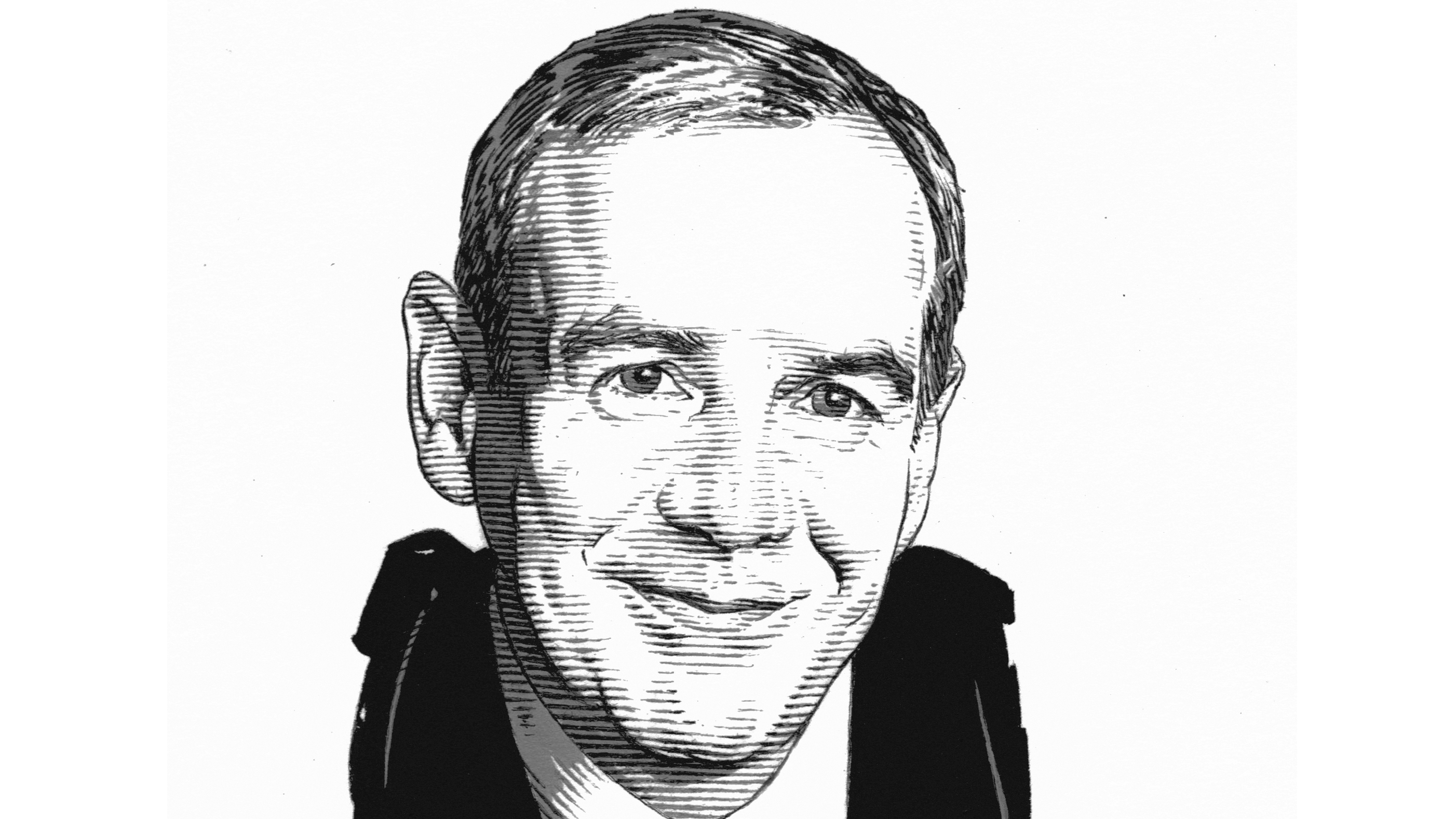
In the coming year there will be great policy debate as governments attempt to set the world on a better course. Learning accurately from the great economic thinkers of the past can inform this discussion.
As we end one of the worst-ever years for global economic performance and search around for solutions, it is interesting to reflect on what some of the great economic thinkers from history might recommend. The works of Adam Smith, John Maynard Keynes and Karl Marx have profoundly influenced policy making over the centuries and continue to do so. But the challenge in reaching any sort of conclusion is to distinguish between the actual philosophy of these thinkers and the many misinterpretations and indeed misdeeds carried out in their names.
A reminder of how we frequently misunderstand their ideas came in the recent BBC Reith Lecture given by former Bank of England governor Mark Carney in which he explored the question of value and how market determination of it has come to take precedence over any other verdict on what humans should regard as important. (The global pandemic has definitely given that shibboleth a shake.)
In tracing this evolution, Carney made surprising bedfellows of the two economists we normally regard as being poles apart – Smith and Marx – on the basis that they both believed that the value of a good is a function of how it is produced rather than the price that a market puts on it. Along this line of thinking, the rise of the market society in which everything's worth is set by its market price – as opposed to the market economy that operates within the principles of a specific social and cultural framework – should be attributed not to Adam Smith, as it usually is, but much more to the monetarist school of economics that informed the Thatcher/Reagan free market policies of the 1980s. Smith believed in a market economy not a market society.
The simplification of great thinking makes for poor debate and substandard policy making
Following the financial crisis and now with the global pandemic, hefty state intervention has been required to resolve the resulting crises rather than leaving things entirely to the market. In his lecture, Carney makes the case that now is the time for a contested debate on value and that “the starting point is the right balance between the market and the state”.
In this debate the works of Smith, Keynes and Marx can inform the nature of the reset provided it rests on their genuine thinking and not on misinterpretations.
It would be wrong to assume, for example, (as followers of Keynes and Marx often do) that the remedy of these two thinkers would automatically be a larger state as opposed to a more responsive state. Marx’s philosophy partner Friedrich Engels advocated that under socialism the state would wither away as people took control of their own lives which we might interpret in a modern context as that the best pandemic responses have been locally organised rather than centrally led.
By the same token, Keynes never said that state spending could be expanded forever without consequence as has been the fashionable rhetoric of many left-of-centre political parties. What he advocated was that the state should step in in times of crisis (as has happened during the pandemic) when the private sector loses confidence. The time, he said, to balance the books was during a boom not a crisis. But if governments fail to do that they are left in difficulty when the next crisis arrives.
The simplification of great thinking makes for poor debate and substandard policy making. Carney's contested debate on value can only be successful if its other protagonists are as well informed as he is on economic philosophy and don't use the names of great economic thinkers to give false authority to ideas that were never theirs.
Brian Caplen is the editor of The Banker. Follow him on Twitter @BrianCaplen
Register to receive my blog and in-depth coverage from the banking industry through the weekly e-newsletter.


